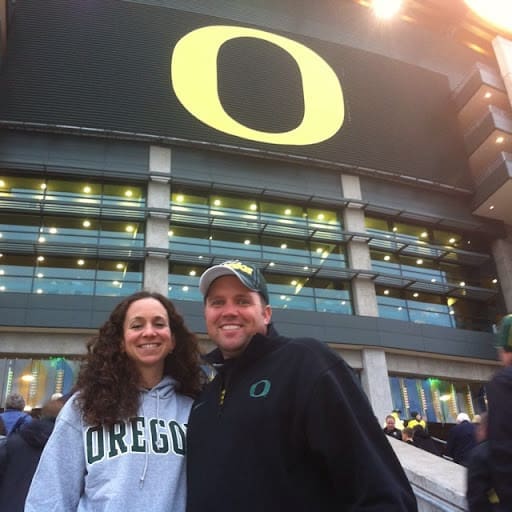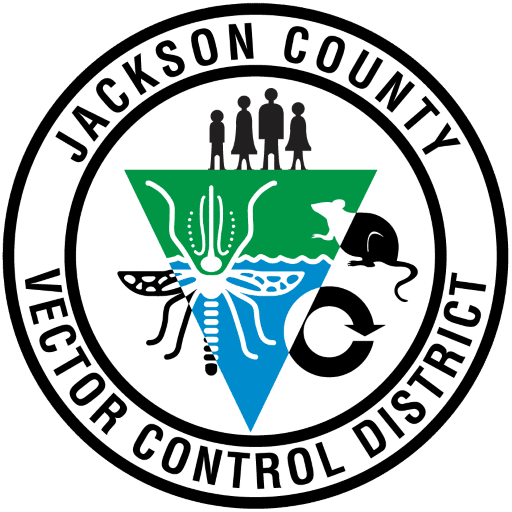Since Google’s search engine algorithm places a lot of value on content, many websites have started adding more and more pages to their websites. This is not always the best strategy though, because creating page after page can actually result in having a lot of lower quality content on your website if you are not careful, which will have the opposite effect of what you were trying to achieve with adding webpages. Let’s have a look at whether adding more pages to your website would be a good strategy to improve your site’s SEO or not.
Quantity Does Not Equal Quality
Putting up more webpages takes time and resources, which you won’t be able to employ to actually optimize each of your site’s webpages. Having great content on each of your webpages, targeted at specific keywords and technically optimizing your webpages for SEO will likely produce much better results than just adding page after page to your site. Adding webpages doesn’t directly improve your website’s PageRank according to head of Google Webspam, Matt Cutts, though he did also state that more webpages can help a website utilize more SEO techniques. Consequently, if you already have your current website perfectly optimized for SEO, with quality content on each of your pages, adding pages might actually be a valuable SEO strategy to pursue. You should only really do this though if you want to target new keywords with these webpages and you actually can create valuable content related to your business for these pages.
Why You Should Consider One-Page Web Design
One-page web designs are really trendy these days, but many SEO providers fear that they may negatively impact search results. For a well designed site, this shouldn’t really be a worry however, since qualitative one-page websites often deliver better value and have better rankings than large, difficult to navigate websites. Google wants to provide its users the best possible web experience and in many cases one of the best ways to offer this is with a small, qualitative one-page website. A one-page website is easy to navigate and if well designed will provide a great user experience on both desktop and mobile devices. Several case studies have shown that such websites can rank very well and are often preferred by visitors, leading to improved conversion rates.
If you are creating a one-page website, make sure that you don’t repeat any content. Your content should be of high quality but don’t resort to repeating yourself in order to have more text on your site. Designing a great user experience through the right mix of good content and beautiful, intriguing images will help your website rank and convert. Don’t forget about keywords though, which you should still incorporate into your text, though make sure your text still flows naturally.
If you want to create a on-page website for your new business, but are afraid of negative SEO consequences, you probably shouldn’t worry too much about this and focus on creating a great website for your visitors. If your current website has a lot of webpages that don’t really contain valuable content, consider removing some of them and focusing on optimizing the remaining pages.
- Published: February 20, 2014
- Author: Zane Schwarzlose
- Blog: Ducking In Blog
- Category:
- Tags: search engine optimization, SEO, website
- Comments:
Quacktastic Reviews:
Excellent team to work with! Mike and Tisha are fantastic at coming up with new ideas while staying true to my companies vision, values, and…

Operating a restaurant and bar is hard enough. It demands wearing many hats. Promotions and marketing is not one of them any longer since we…











Can not recommend this team enough. What started as a one-time website re-design has evolved into Paradux handling the vast majority of our marketing. Business…











We would not be able to run as smoothing, quickly, or efficiently if it was not for Paradux Media Group. Tisha and team is hands…











Recently, I had the opportunity to work with Paradux Media on a website build, and I just couldn’t have been happier with the process and…











Mike and his team are well known within the region and marketing community as an insightful industry leader. If you are looking for a Marketing…











Paradux Media is a very professional group, and they know what they’re doing. Whether they are placing buys for clients, or producing high-quality TV spots,…











Paradux helped build my business in all capacities. Without them, I would never have had the resources and ability to get so much accomplished –…











Mike, Tisha, and the team can build you anything you want for your company or small business. Very knowledgeable and easy to work with. They…











As a long-time client of Paradux, I can confidently say that their creative team is one of the best in the business. They consistently produce…





















